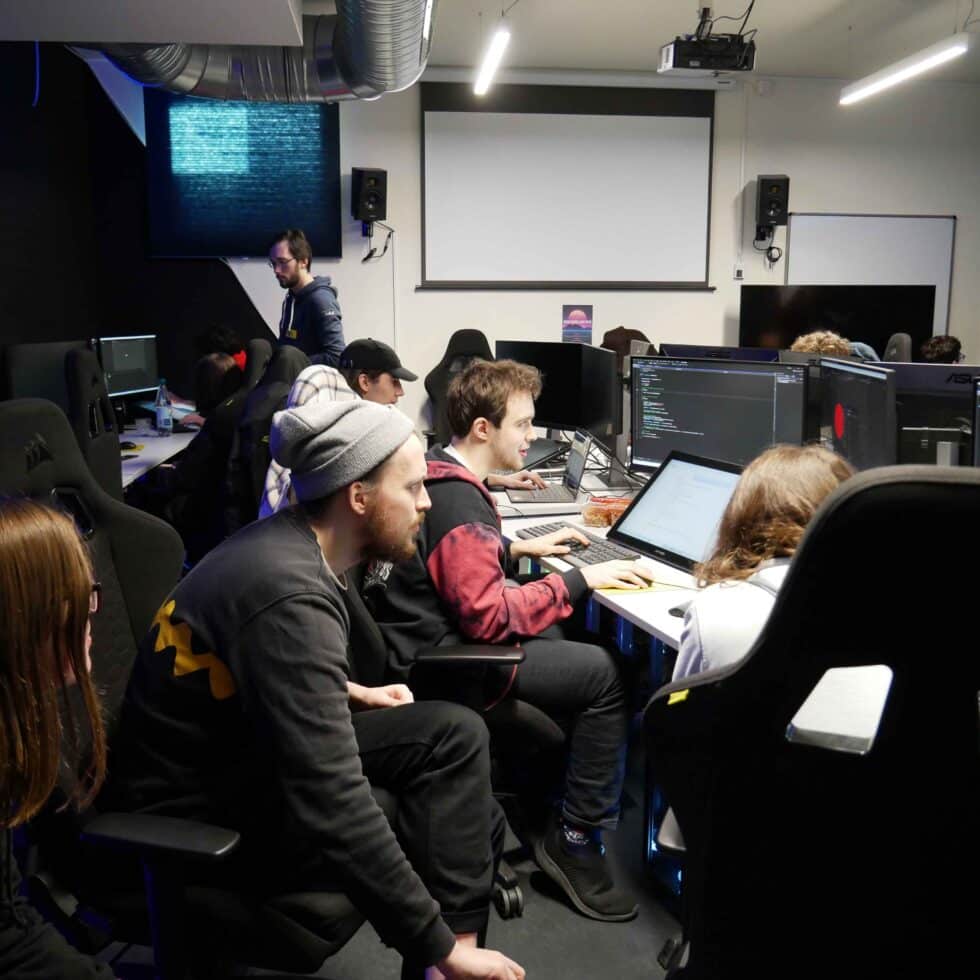MetStudios
MA Learning & Teaching in the Creative Industries
Overview
Overview
The MA Learning & Teaching Creative Industries course is designed for professionals looking to develop their teaching practice within the dynamic and ever-evolving creative industries. This programme focuses on the integration of innovative learning methodologies with practical industry knowledge, preparing educators to inspire the next generation of creative talent.
This programme offers two distinct pathways, allowing you to tailor your studies to your specific career goals and interests: The ‘Initial Teacher Education’ pathway and the Experienced Educator pathway. Both pathways focus on integrating innovative learning methodologies with practical industry knowledge, preparing educators to inspire the next generation of creative talent.
- ‘Initial Teacher Education’ (ITE) pathway: Designed for early and pre-career teachers, the ‘Initial Teacher Education’ pathway focuses on developing practical and reflective skills within the classroom.You will undertake a work placement that comprises teaching experience and lesson observation, and which forms the requirements for professional formation (QTLS) through the Education & Training Foundation. Teaching placements are offered to individuals currently working in education.
- Experienced Educator (EE) pathway:The ‘Experienced Educator’ pathway is perfect for qualified teachers or those with over three years of teaching experience. During the course, you’ll expand upon what you already know and complete the programme with deeper theoretical and pedagogic knowledge. You’ll also explore new practices in innovation, curriculum-making and leadership that will enrich your teaching.Because our flexible MA courses provide an educational experience that works around you, this pathway is offered part-time over two calendar years so that you can continue with your day-to-day profession.
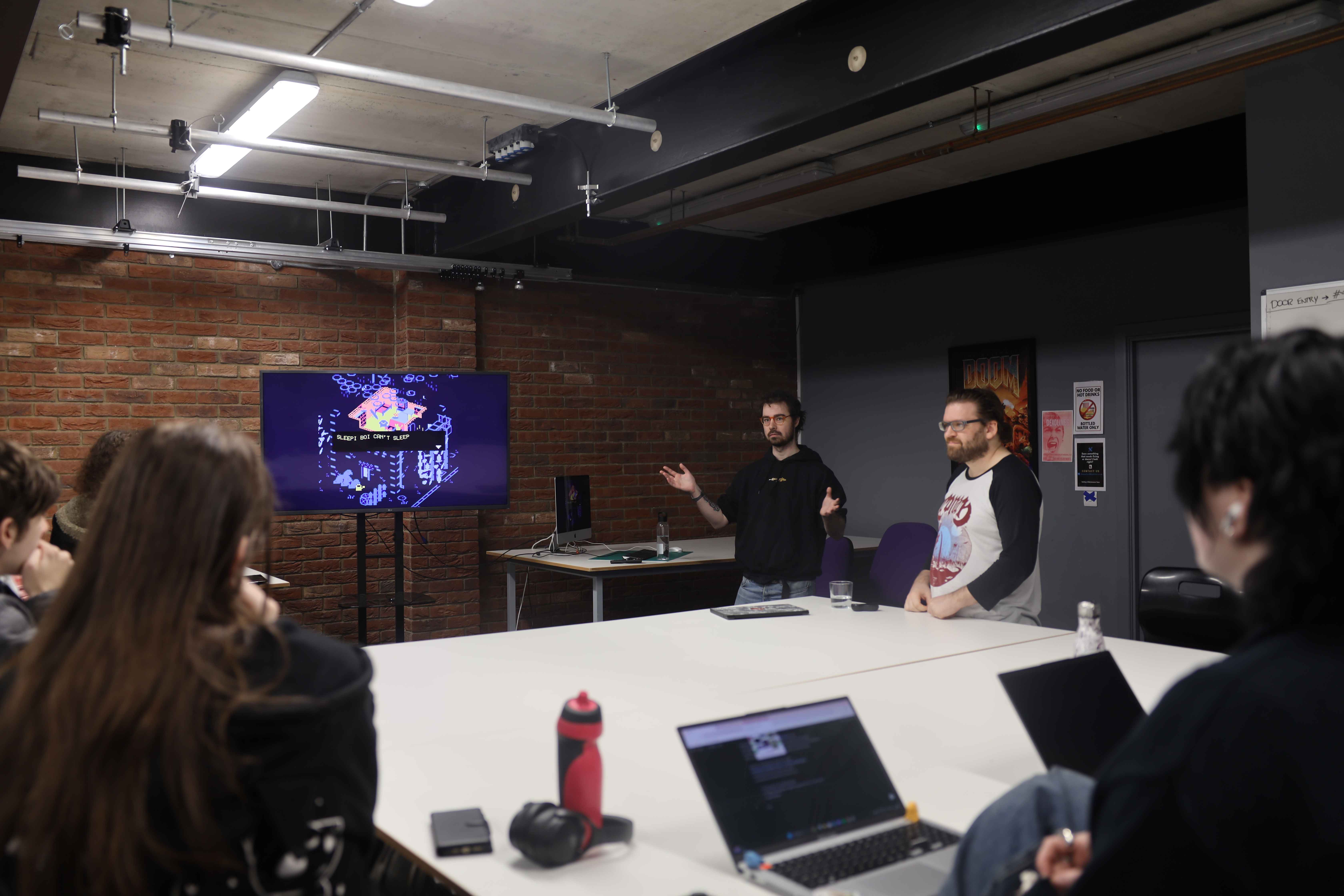

Why Take the Course?
Why Take the Course?
- Develop Pedagogical Expertise: Learn contemporary teaching methods and educational theories tailored specifically for the creative industries.
- Enhance Professional Practice: Engage in reflective practice to improve your teaching and facilitation skills, ensuring you can support diverse learners effectively.
- Network with Industry Professionals: Build connections with fellow educators and industry leaders, expanding your professional network and staying updated on industry trends.
- Advance Your Career: Equip yourself with the qualifications and confidence to pursue roles in higher education, training institutions, or creative industry mentoring.
*For a selection of the tutors who teach across our campuses, please see Our People.
Awarding body: BIMM University

Programme Aims
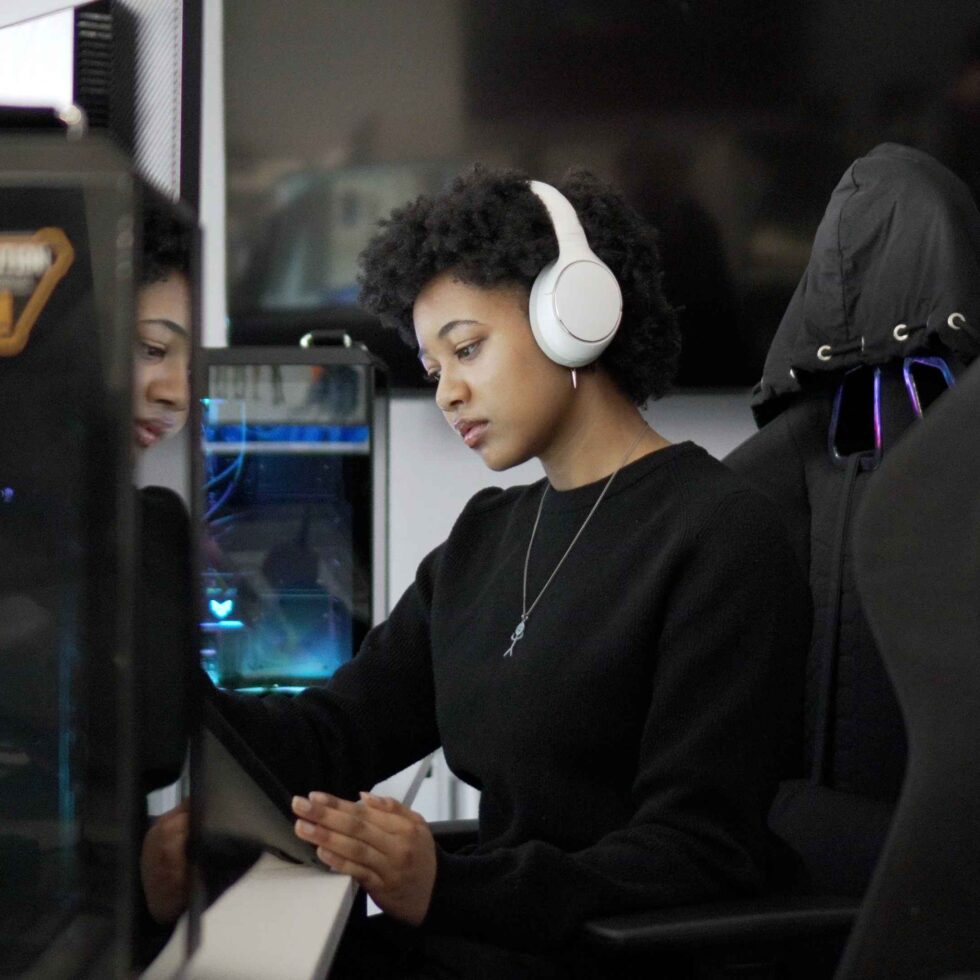
Module Overview
Module Overview
Teaching, Learning and Assessment
Core module on EE pathway
You will engage in a broad range of learning and teaching techniques suitable for roles in post-compulsory education. The module will improve your skills in planning, teaching, assessing, giving feedback and supporting different forms of learning. As an introduction to the course, no prior teaching experience is assumed.
Leading Education Change
Core module on EE pathway
This module focuses on the concept and practice of leadership within contemporary education, adopting an individualised approach to help you to ‘learn to lead’ and ‘lead to learn’.
You are given the opportunity to develop and reflect on different styles and approaches relating to leadership and leading change across a range of professional contexts. You will investigate a personally significant leadership challenge, with the support of colleagues and peers on the module.
Assessment is negotiated dependent on the leadership challenge being investigated (written and/or multimedia).
Creative Education Practice
Core module on both pathways
What do we mean by the term ‘creative education’? Is it– education in creative subjects, a more creative approach to education in creative subjects, or a more creative approach to all education? This module invites you to explore such questions in the context of your own professional and creative practice.
You will engage in experiential workshops in order to practise techniques that expand your practical skillsets as a creative educator. We encourage you to experiment with your own learning and creative practices, to try new things in your teaching, and to explore how assessment decisions are made and justified within creative subjects.
Assessed by a portfolio of learning (written and/or multimedia).
Investigating Learning and Teaching
Core module on both pathways
This module grapples with a variety of theories and practices that are used to investigate education and creative subjects.
You will learn to use different methodologies of qualitative and practitioner research in order to better understand and answer larger questions about creative education. For the module’s assessment, you will generate a research proposal, which can be used for your final dissertation/project.
Curriculum and Instructional Design
Optional module available on both pathways
This optional module supports you in developing short courses across a range of academic and professional settings in creative subjects. You will look at a variety of methods and orientations to curriculum design, including examining digital and blended learning approaches applicable to courses on and offline, as well as managing individual and collaborative learning.
For the module’s assessment, you will create and evaluate your short course of study, allowing you to develop usable designs and materials for your own professional career area.
The submission is via portfolio (written and/or multimedia).
Coaching and Mentoring
Optional module available on both pathways
This optional module facilitates your development as an effective coach and/or mentor in one-to-one settings. You will explore a variety of person-centred techniques and approaches for partnering with learners to support their development and empower them as individuals. This can provide an additional professional skillset for work as an educator, as well as inform your existing one-to-one and classroom teaching.
You will participate in our yown coaching/mentoring practice throughout the module and receive professional supervision.
Assessed by a reflective portfolio of practice (written and/or multimedia).
Global Strategies
This module applies entrepreneurial and business management skills to global markets, identifying opportunities and challenges related to your chosen discipline. Students will research creative and cultural differences, navigate financial and legal systems from different locations and cultures, and implement strategies to explore the possibilities of international expansion.
Ethics & Sustainability
This module evaluates the social, cultural, environmental and economic impact of the creative industries in a changing world. It explores how we mobilise progressive values via best practice in areas such as public trust, environmental impact and social responsibility. Students will critically apply ethical principles and sustainable practices in diverse business environments. They will develop personal responsibility and leadership skills necessary to address ethical dilemmas and promote sustainable business operations within creative industries. Using appropriate tools and templates, it applies socially responsible values and goals systematically, with clear practical outcomes supported by strong communications and teamwork.
Creative Industries, Critical Analysis
In this module students examine, interpret and evaluate the interactions between technology, commerce and opportunity in the creative industries using case studies in economics, technology and digital culture. Students develop a systemic and critical understanding of the relationships between technology, commerce and opportunity, and explore how these concepts can contribute to current and future creative industries practice. They examine the relationship between economic and technological developments in the creative industries, explore unconventional and innovative approaches to business and economics through current and future trends, and challenge traditional perceptions to reveal new possibilities for creative practice.
Creative Industries Project
This is where everything comes together. Your final output can be a work placement report, an entrepreneurial project, or a master’s dissertation. It includes one hour per week of personal supervision and mentorship. This module presents an opportunity to realise your professional goals in the diverse and dynamic environment of the creative industries.
Research Dissertation
This module gives you the opportunity to produce an extended piece of educational research that explores an area of your academic interest or professional practice. Individual tutorials are provided by an experienced research supervisor in addition to regular peer-led seminars.
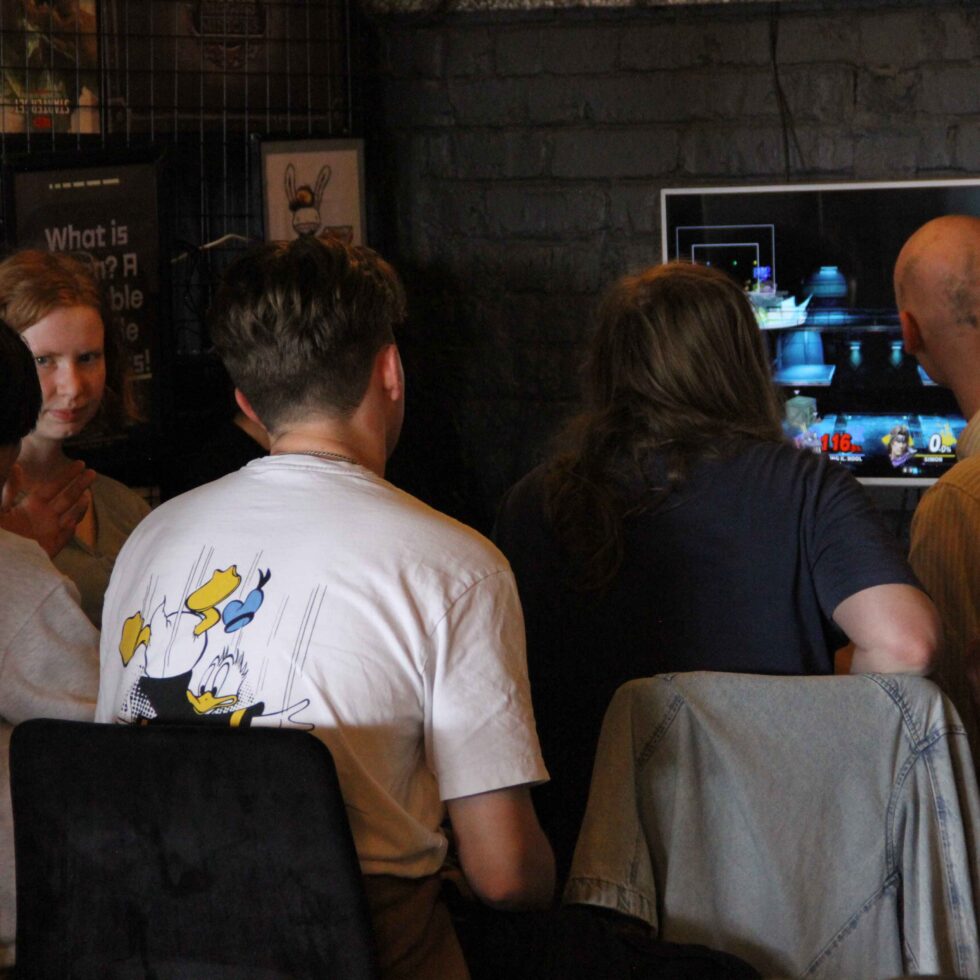
Entry Requirements
Entry Requirements
Entry Requirements
Standard Entry Requirements
- Age: All applicants must be 18 years or older at the time the programme begins.
- Education: A 2:2 honours degree from a UK university or overseas equivalent.
Applicants must also submit:
All applicants will be subject to interview, and a portfolio will also be requested for Recognition of Prior Learning (RPL).
A personal statement of at least 500 words. The MetStudios online application form details the information that your personal statement must include.
Students Not Meeting Academic Requirements
Students without a degree, but who can demonstrate relevant industry experience or a degree below a 2:2 equivalent are still able to apply.
If you meet certain criteria, you may be eligible for a contextual offer with reduced entry requirements.
Equipment Requirements
For more information, please check Equipment in the Study with Us section for your chosen course, and the Location sections for the range of equipment and learning resources available on each of our campuses.
Application Information
For more information on MA Business for the Creative Industries entry requirements, language requirements, funding, and the application process please visit:
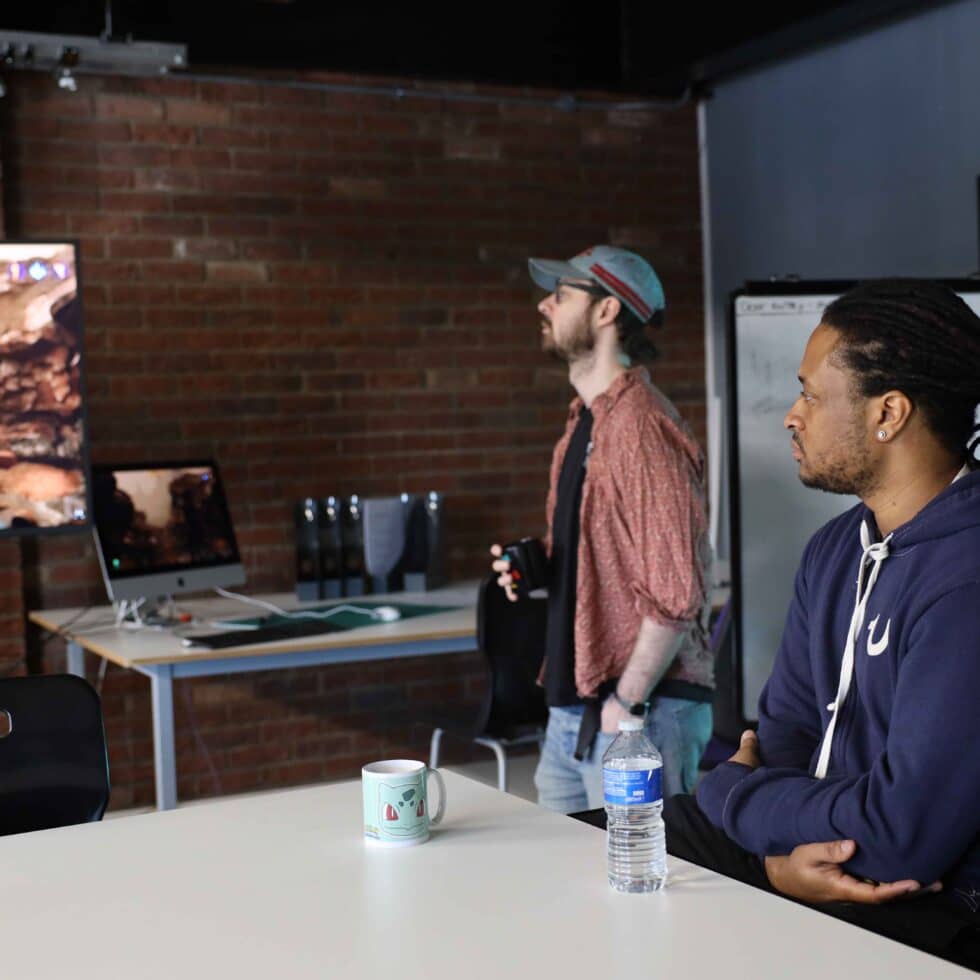
Dates & Prices
Apply
The prices below cover the duration of the course. Please select the course location.
*EU, EEA and Switzerland Student Discount
An automatic discount of £5,000 per year of study will be applied to all applicants holding a valid passport from these countries.
**Early Acceptance Discount
International students from outside the EU/EEA can save £2,000 per year of study by accepting their offer and paying their deposit by 15 June 2026.
*EU, EEA, UK and Switzerland Student Discount
An automatic discount of €5,000 per year of study will be applied to all applicants holding a valid passport from these countries.
**Early Acceptance Discount
International students from outside the EU/EEA can save €2,000 per year of study by accepting their offer and paying their deposit by 15 June 2026.
Explore
- Speak to an Advisor
